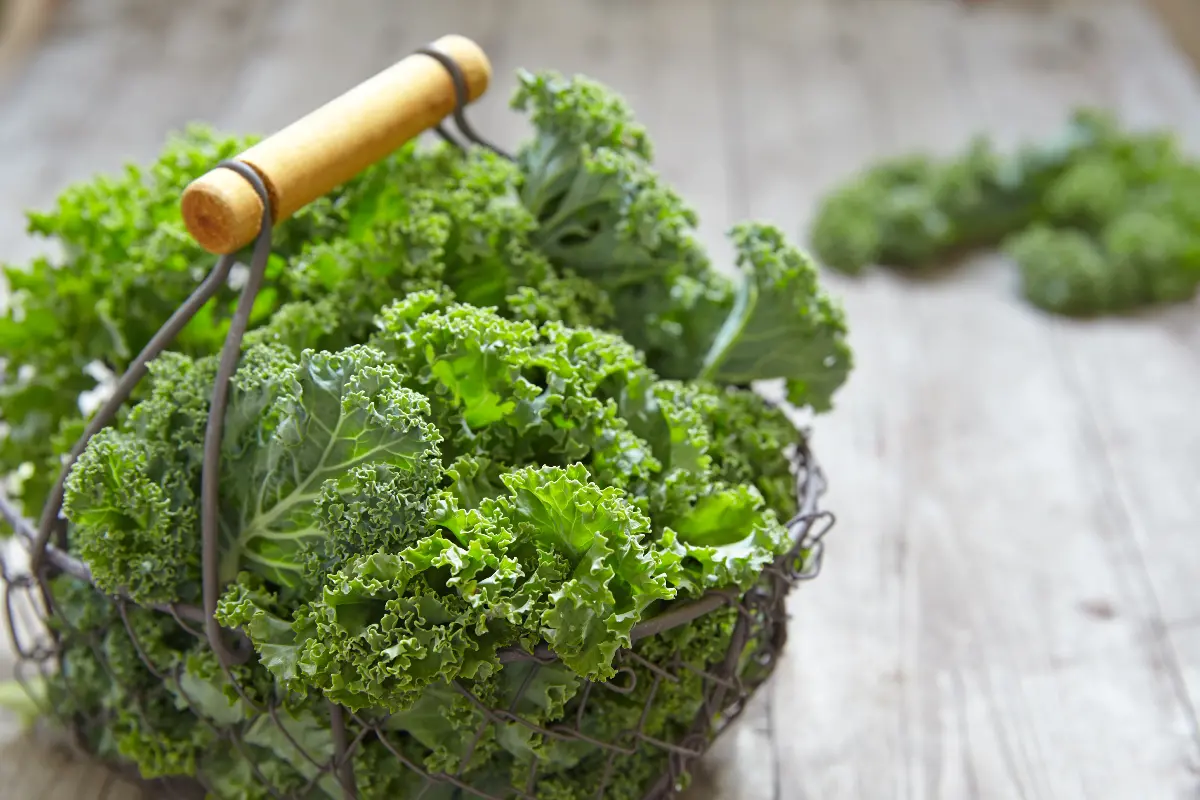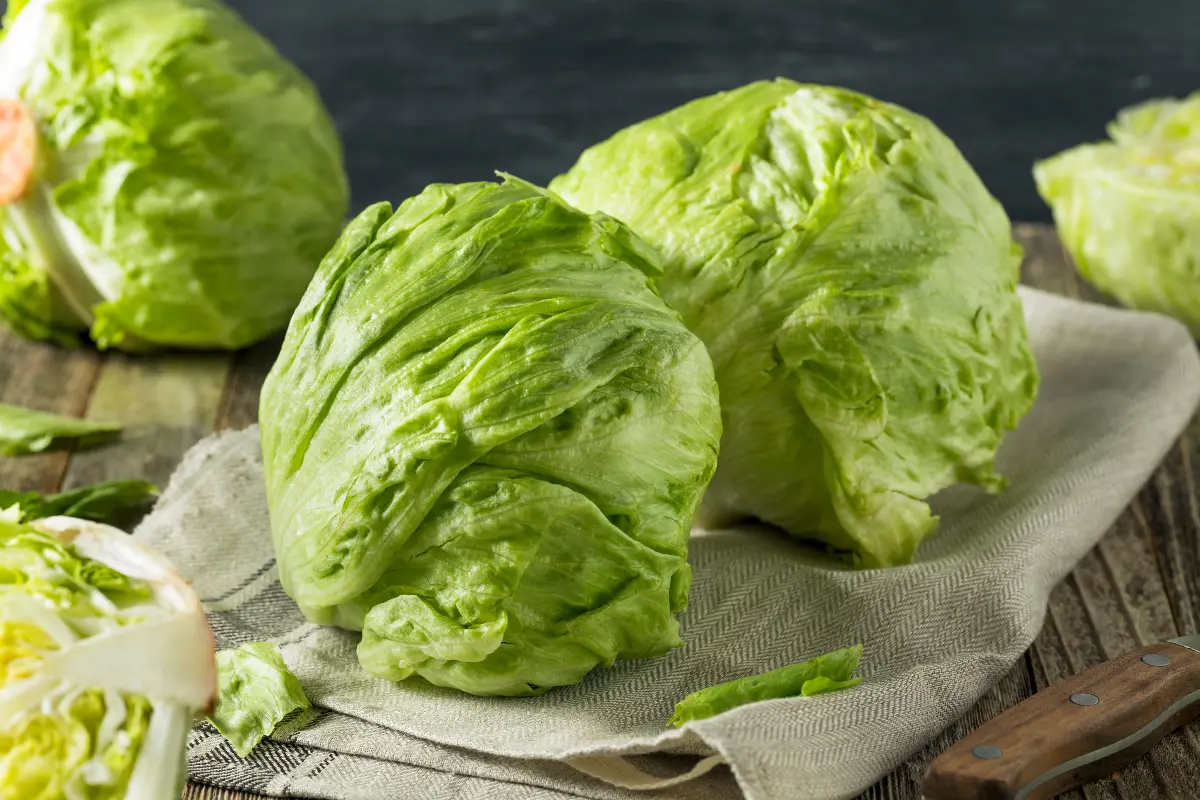As our understanding of nutrition continues to evolve, it becomes increasingly apparent that certain vegetables stand out as nutrient powerhouses, essential for maintaining a well-balanced diet. On the other hand, some veggies, though certainly not devoid of benefits, may not be quite the nutritional champions we need to prioritise on our weekly shopping list. To optimise your health and grocery cart, let’s delve into three essential vegetables you should make a beeline for and three that, while still healthy, might not deserve top billing in your crisper drawer.

First among the veggie victors is kale. Known for its dark, leafy greens, kale is nothing short of a nutritional superhero. It's packed to the brim with vitamins A, C, and K and also offers minerals such as manganese and copper, all essential for bone health, immune function, and overall vitality. Furthermore, kale contains antioxidants like quercetin and kaempferol, linked to anti-inflammatory effects and potential cancer-fighting properties. But that’s not all; the roughage in kale is an asset to digestion, ensuring your gut health is operating at its best.
Next on our must-have list is sweet potato. Far from just a holiday staple, the sweet potato is a year-round nutritional treasure. It’s an exemplary source of beta-carotene, which your body can convert into vitamin A, supporting good vision and a robust immune system. Moreover, sweet potatoes are a good source of dietary fibre, keeping you full and aiding in digestion, as well as vitamins C and B6, potassium, and manganese. Unlike regular potatoes, their sweet counterparts have a lower glycaemic index, which means they release sugar into the bloodstream more slowly, preventing spikes in blood sugar levels.
Our third superstar is the humble beetroot. These earthy roots are a powerhouse of nutrients, including folate, essential for DNA synthesis and repair, and manganese, vital for bone formation, blood clotting, and reducing inflammation. Beets are particularly notable for their high levels of nitrates that the body converts into nitric oxide, a compound that improves blood flow and lowers blood pressure. Plus, they're high in pigments called betalains, which possess several anti-inflammatory properties and can contribute to reducing the risk of chronic diseases.

However, not all vegetables offer the same bang for your nutritional buck, and it's essential to be selective with your choices. One such example is iceberg lettuce. While it provides some hydration and is by no means harmful, in the grand scheme of things, iceberg lettuce lacks the vitamins, minerals, and fibre found in darker, leafier greens like spinach or romaine. Consider it a filler green—fine for adding crunch to a sandwich but not the best choice for nutrient density.
Another vegetable that may not be as beneficial for everyone is corn. Yes, it's a good source of fibre and B vitamins; however, corn often gets a lot of its calories from sugars and is higher on the glycaemic index, which may not be ideal for blood sugar management. Moreover, much of the commercially available corn is genetically modified or can be a source of empty calories when overprocessed, as found in many snack foods.
Lastly, let's talk about canned vegetables. While they can be part of a healthy diet, especially when fresh produce is out of season or financially out of reach, they often come with added salt, preservatives, or sugars that decrease their nutritional value. Whenever possible, opt for fresh or frozen veggies, which are typically picked and preserved at their peak nutrition.
As you scribe these power-packed veggies onto your shopping list and scale back on less impactful options, remember that a balanced diet is about variety and moderation. Including an array of colours and textures not only makes your plate more visually appealing but ensures that you're getting a wide range of nutrients that support all aspects of your health. So the next time you find yourself in the produce aisle, think about what each vegetable brings to your table—not just in taste but in health benefits too. By making informed choices, you're taking a significant step towards wellness that's both delicious and nutritious.
